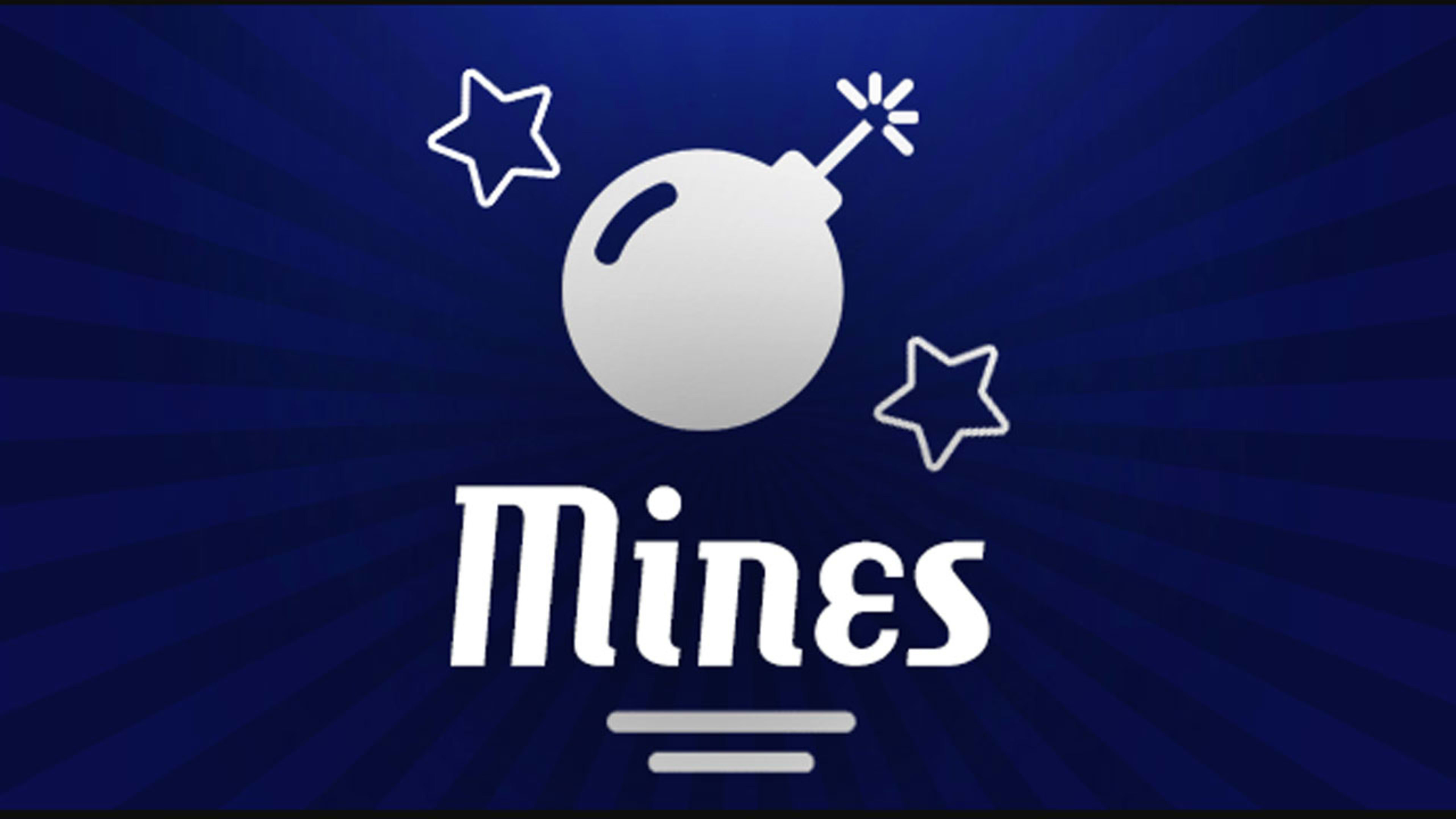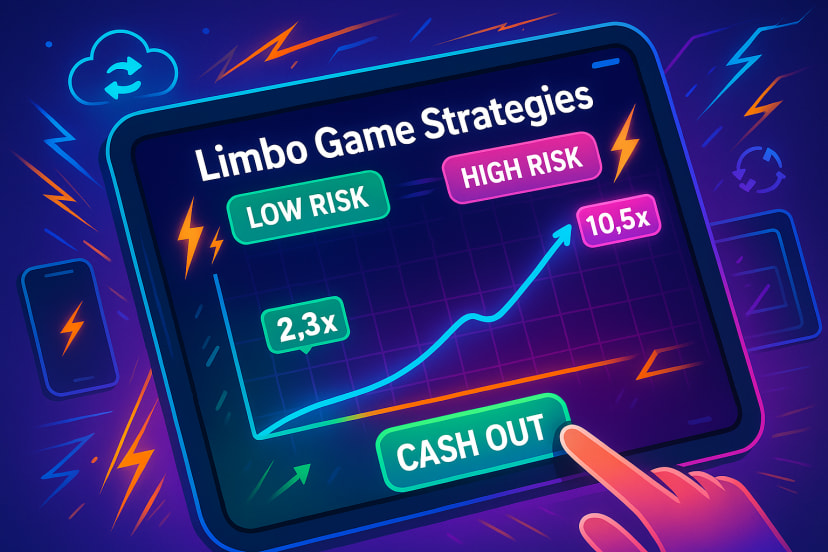Are Mines Games Really Provably Fair?

Why Fairness Matters in Mines in Kenya
A round of Mines starts when you choose how many hidden bombs sit beneath a 5 × 5 grid, stake a bet, and open tiles hoping for gems. Every safe reveal boosts the cash-out multiplier; one bomb wipes the board. Because money is at stake with each click, players need iron-clad proof that the casino can’t shuffle bombs mid-round or bias tiles toward failure. That proof comes from provably fair cryptography, the same approach used in crypto Dice, Plinko, and Limbo.
How Provably Fair Works: Simple Terms
- Server layout + seed – Before the first tile appears, the casino’s server generates a bomb map and a random 128-bit server seed.
- Hash disclosure – The seed is processed through a one-way algorithm -- usually SHA-256 or SHA-512. Only the resulting 64-character hash is shown to you. Since hashing is irreversible, the server can’t alter the seed or the map after this point without the hash changing.
- Client contribution – Your browser also generates a client seed (which you can often change yourself). The two seeds are combined to determine the bomb-or-gem outcome for each of the 25 tiles.
Think of the hash as a tamper-evident envelope: if the message inside is altered, the seal no longer matches.
Verifying Fairness After Your Game
- Copy the server seed revealed the moment you finish or bust.
- Hash it with any open-source SHA-256 tool (many casinos link one directly in the game interface).
- Compare the digest to the hash you saw before your first click.
- Match? The bomb map was fixed from the start.
- Mismatch? Round was tampered with—something reputable operators can’t afford.
Most sites package these steps in a single “Verify” button, but knowing the manual process builds trust that the backend is honest.
Addressing mid-game fears
Players sometimes worry the house could reveal safe tiles early, then quietly alter the rest. That can’t happen here because all 25 outcomes are bound to the original seed hash. When you open a tile, the game merely decrypts what’s already stored; it doesn’t re-roll or re-seed. Independent auditors like eCOGRA routinely check that the reveal logic references only the committed data—not a live RNG call.
Hash math in action (micro-example)
- Server seed: f9d0…2a1
- SHA-256 hash: cd15bfa…e907 (displayed pre-round)
- Client seed: user123
- Combined HMAC result drives the bomb map. When the round ends, you hash f9d0…2a1; if you get cd15bfa…e907, you’ve proven immutability.
Even a one-character tweak in the seed—say, capitalizing a letter—would output a totally different hash, instantly exposing foul play.
What if you still doubt the numbers?
- Change your client seed each session; that shifts the map in ways the server can’t predict.
- Use a public hash tool (e.g., openssl dgst -sha256 in a terminal) instead of the casino’s built-in checker.
- Review third-party audits linked in the footer—respectable operators publish them quarterly.
Other Games with the Same Fairness Backbone
If you trust Mines’ provably fair model, you’ll find the same cryptographic seed system in instant titles like Dice, Plinko, Limbo, Crash, and CoinFlip. Each lock's outcomes before your bet, letting you verify every round post-play. Learning the fairness flow in one game builds confidence across the entire Instant Games lineup.
Fair ≠ guaranteed profit—play responsibly
Provably fair math only promises that results aren’t rigged; it doesn’t tilt odds in your favor. Set a stop-loss (20 % bankroll), lock a stop-profit (50 % upswing), and take cool-off breaks—especially when switching from safe, low-mine boards to high-risk hunts.
FAQ
What does "provably fair" mean when playing Mines in Kenya?
It means the placement of the bombs is done in a way that's completely open and verifiable. You, as the player, can check that the game is fair using special cryptographic proofs.
How does the server seed guarantee a fair game?
The server seed is like a secret code that's scrambled and made public before the game starts. This stops the casino from changing where the bombs are after you've started playing.
Can I, as a player in Kenya, check if the Mines game is fair?
Absolutely! You can use the server seed, a client seed (something you provide), and a nonce (a unique number for each game) to make sure the bomb placements are exactly as they were initially set.
What kind of security is used to ensure "provably fair" Mines games are safe?
These games usually use SHA-256, which is a type of super-strong encryption, to keep the seeds safe and to decide where the bombs go.
Are all Mines games "provably fair"?
Not all of them. While many trusted online casinos have this feature, it's not a guarantee. Always play on sites that are licensed and open about how their games work. Remember to gamble responsibly.

















